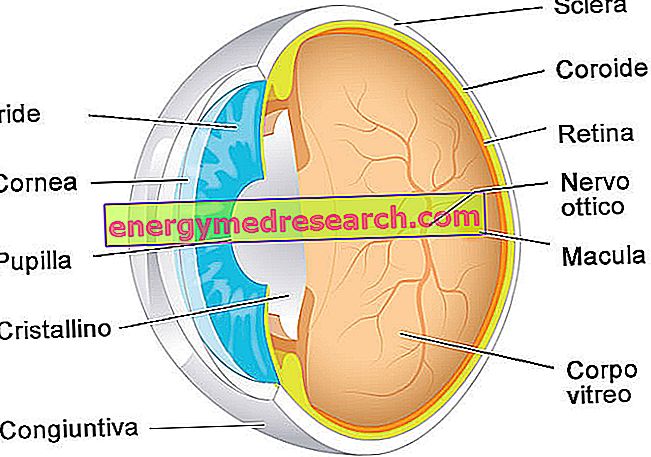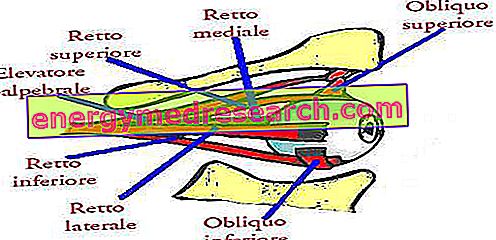Definition
Catalepsy is a psychomotor phenomenon in which the subject maintains the same position for an indefinite time, remaining immobile and insensitive to stimuli from the outside, but without losing consciousness completely.
This state of inertia is characterized by an abnormal rigidity of the muscles of the trunk, limbs and face: any attempt to modify the patient's posture clashes with phenomena of resistance or the taking of a new position. The subject can also manifest the tendency to maintain attitudes impressed by others, thus determining a state of passivity.
Catalessia is found in association with catatonia in the field of schizophrenia and manic-depressive neurosis. In some cases, this physical state can be caused temporarily by an acute emotional shock, hypnosis or the use of toxic substances, such as cocaine.
Catalessia is also observed in the symptomatological framework of Parkinson's disease, epilepsy and some sleep disorders (such as narcolepsy and Pickwick's syndrome).

Possible Causes * of Catalysis
- Major depression
- Bipolar disorder
- Cerebral hemorrhage
- Encephalitis
- Stroke
- Parkinson's disease
- Narcolepsy
- Obesity
- Schizophrenia
- Pickwick syndrome



